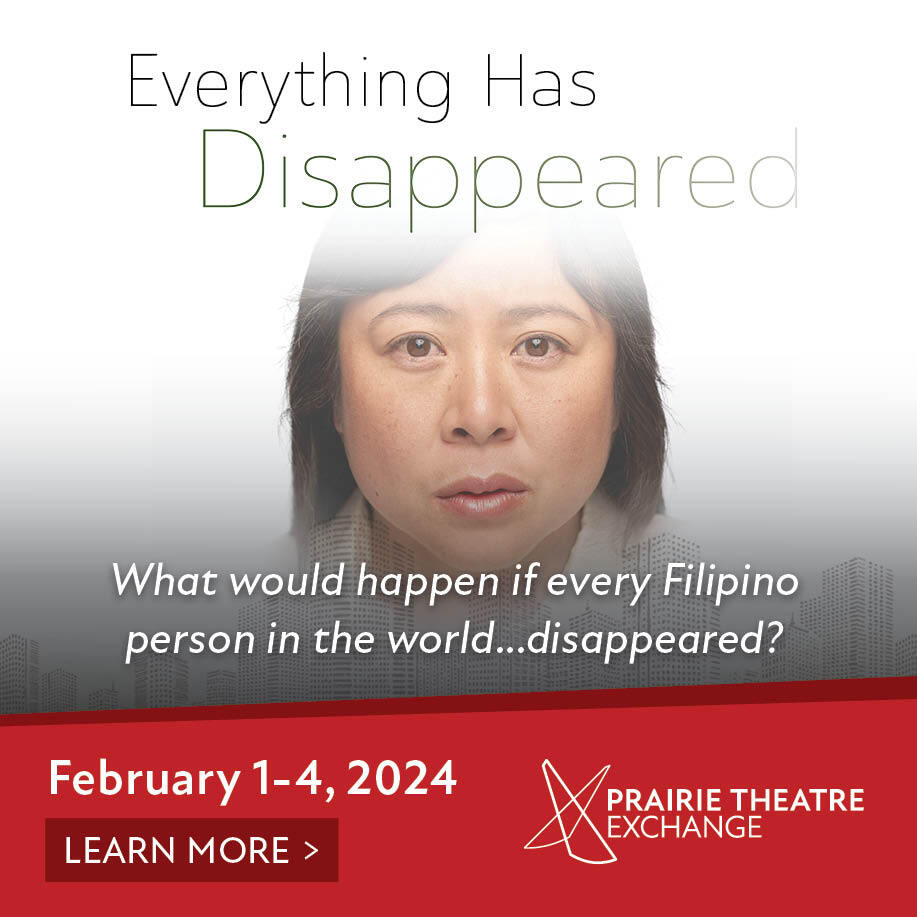I am Filipino, born and raised. But unlike most people back home, I have a fair skin. Maputi ako, so growing up I was used to being called tisay, mestiza, or anak ni Tisoy. Everyone seemed to adore me and my unblemished, fair-looking skin.
When I was young, people would ask my brown-skinned mother if my father was American. Meanwhile, others would ask me directly if I was mixed, and if not, then what soap, lotion or secret potion I use to get this fair complexion. It was annoying, and the truth is, I really didn’t care about my skin color.
But growing up, I witnessed how darker people were constantly being made fun of. I saw my girlfriends get upset with whitening products that didn’t seem to work for them. I noticed that people often mistook me as a rich kid just because I’m fair-skinned, and looked down on my friends who were dark-skinned (even when they were rich). I never had to hide under the shade, or use whitening lotions.
Back then – this may sound so inappropriate, but please don’t hate me for thinking out loud – I couldn’t help but thank my Dad, and his Spanish ancestors, for giving me the genes that spared me from constant ridicule, bullying, prejudice and heartache.
It’s unfair, I know that, but I was aware that my privilege has allowed me to thrive in certain situations. And I truly feel bad that the odds being in your favor still somewhat depend on the skin you’re in.
Human Zoo: A Tale of Indigenous Filipino Headhunters
While we’ve known for a fact that our ancestors were often looked down upon by their Spanish and American colonizers as dark-skinned uneducated savages, the lowest point of this centuries-old discrimination came in the form of America’s human zoos in the early 1900s.
In 1905, the Igorots of Bontoc, Mountain Province were taken from their homeland and displayed in exhibits for the American people to gawk.
The human zoo in Coney Island, New York displayed indigenous Filipinos inside a square bamboo fence – they were barefoot and naked except for loincloths; their backs and arms were covered in tattoos celebrating the human heads they have hunted. They were made to live out their daily lives in full view of the public.
Are We Racists?
Centuries later, much of the racism in the Philippines can be traced back to our colonizers, namely Spain and the U.S. Our ancestors were called indios, negritos, dog-eating headhunters and dark-skinned uneducated savages. They were vilified, humiliated and denied of freedom, rights and privileges.
Back then, and even to this day, the fair skin of the Europeans and Americans were praised and glorified. It birthed the colorism we experience now and the mentality that anything that isn’t white is bad.
Racism in the Philippines has never been as controversial as the racism you hear about in places like the U.S. or Europe, but discrimination exists everywhere—even at home.
Growing up, I had witnessed, and on some occasions, even took part in some racist behaviors that were mostly made in jest rather than in offense. We, as a community, collectively accepted and normalized internalized racism by using racist phrases and remarks in everyday conversations at home, at school, and at work.
So let’s be honest here. How many of us:
• Have made fun of black people, or people with dark skin?
• Have called them egoy, nognog, baluga, or the N-word?
• Have called East Indians “bumbay” or “5-6”?
• Have referred to Chinese people as singkit, or chekwa, while pulling back the corners of our eyes?
• Have avoided Muslim people, or someone in a turban or head scarf because we thought they were terrorists?
• Have made fun of Igorots, Mangyans, Bisaya and other indigenous and ethnic groups?
• Found actor Paolo Contis amusing, as he spoofs Lebron James, complete with James’ signature headband, his beard, his gestures, and blackface?
• Have used whitening products to whiten skin?
• Have looked at white people as good-looking?
• Have considered black people bad and ugly?
• Have mimicked and mocked the accents of foreigners you’re talking to?
• Have looked down at our own race for not conforming to the Western ideal?
Experts say that our unique brand of racism sits on the border between ignorance and innocence. I personally think that our lack of cultural sensitivity is mainly due to colonial mentality, lack of racial diversity and absence of racial awareness platforms.
But, however harmless or innocent our racist behaviors may seem, that doesn’t mean that it is any less concerning or offensive, no matter how we defend or sugarcoat it.
In one way or another – aware or not – we all have contributed to a culture of ingrained prejudice. This has to stop.
George Floyd dies, racism lives on
George Floyd’s death has sparked protests across the US and Canada, with demonstrators desperately calling for an end to racism and police violence.
Mr. Floyd was an unarmed black man who died after a Minneapolis police officer kneeled on his neck for more than eight minutes as he told them “I can’t breathe”.
The social media was filled with outpouring support for the Black community. As I scroll through the powerful black voices and messages, I couldn’t help but cry. Although I was angry, disgusted and completely heartbroken, I knew I was part of the problem.
As we celebrate the Filipino Heritage Month, we must not forget that as people of color, we belong to a larger immigrant community. Our history and struggles are in no way different than that of the Black community. We were both colonized, vilified and oppressed.
And now, our black brothers and sisters are being murdered, over and over again. We have to do something because what we’re doing is not enough. Silence is never an option.
As people of color, we have a duty to stand by each other, lift each other, and appreciate each other.
Let’s eradicate hate and racism by educating our community, challenging the norms and raising our voice for justice, compassion and equality.
Start by saying sorry.
I AM SORRY.























